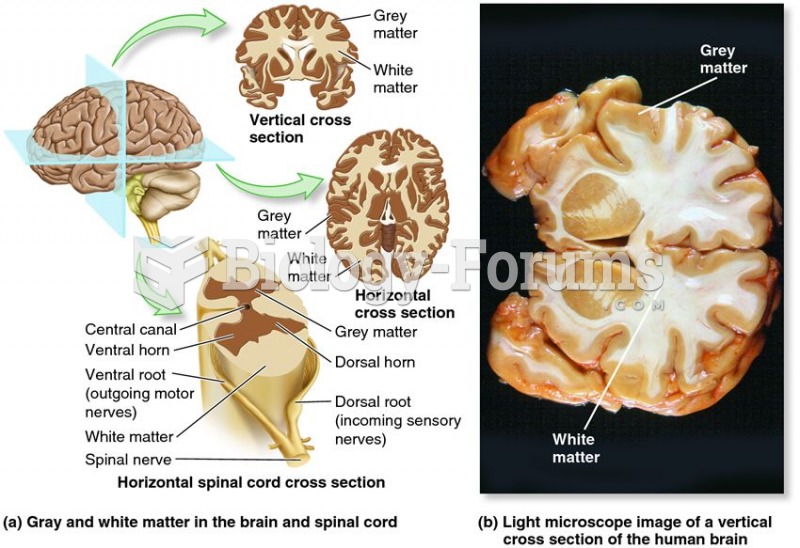Answer to Question 1
Subject-matter jurisdiction is the court's authority to hear certain types of disputes. Personal jurisdiction is the court's authority to hear and decide a specific case against the parties involved, generally residents of a certain geographic area. A long arm statute is a statute that permits a state to obtain personal jurisdiction over nonresidents. The nonresidents must have certain minimum contacts with that state for the statute to apply.
Original jurisdiction is the power of a court to take a case, try it, and decide it. Appellate jurisdiction is the power of the court to hear and decide an appeal; that is, the power and authority of a court to review cases that already have been tried in a lower court. The difference between original jurisdiction and appellate jurisdiction is that courts with original jurisdiction are trial courts where evidence is presented (i.e., they hear the case for the first time). Courts with appellate jurisdiction are the
reviewing courts, or appellate courts, that review the decisions of the trial courts and make subsequent decisions in the case.
Answer to Question 2
Jurisdiction is the authority of the court to hear and decide a specific action. Jurisdiction is important because without it, a court cannot hear a case. Venue is the geographical district in which an action is tried and from which the jury is selected. Thus, venue is concerned with the most appropriate location for a trial. For example, two state courts may have the authority to exercise jurisdiction over a case, but it may be more appropriate or convenient to hear the case in one court than in the other. The difference between venue and jurisdiction is that jurisdiction has to do with whether a court has the authority to hear a case, while venue is concerned with the most appropriate location for a trial.
The relationship between state and federal jurisdiction may be one of either concurrent jurisdiction or exclusive jurisdiction. When both federal and state courts have the power to hear a case, as is true in suits involving diversity of citizenship, concurrent jurisdiction exists. When cases can be tried only in federal courts or only in state courts, exclusive jurisdiction exists. State courts have exclusive jurisdiction over all matters that are not subject to federal jurisdiction, such as family law and probate law.






